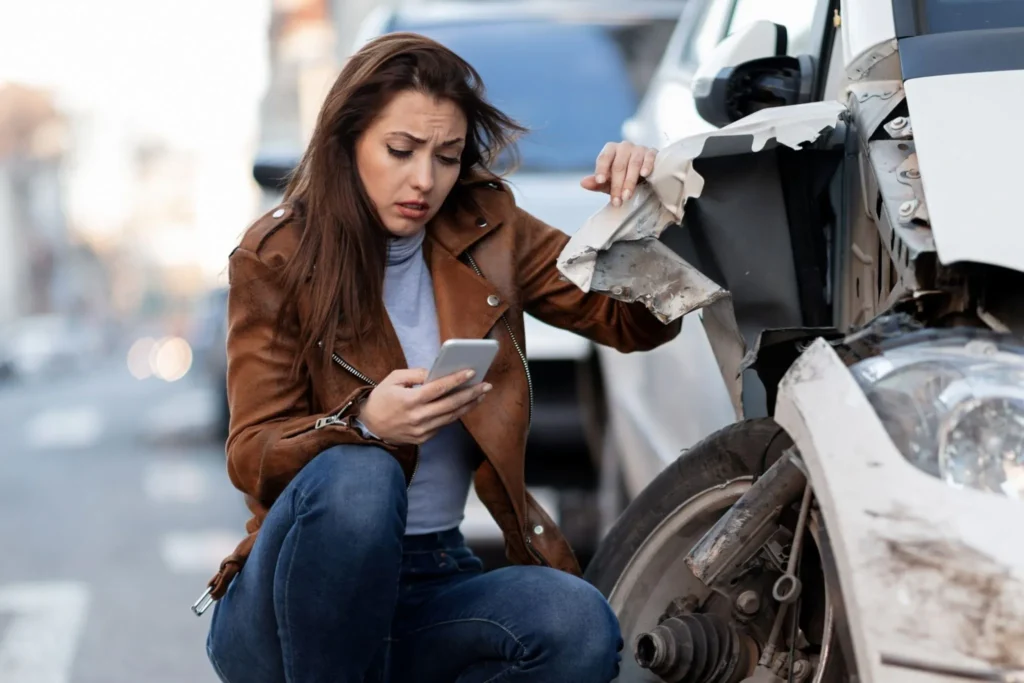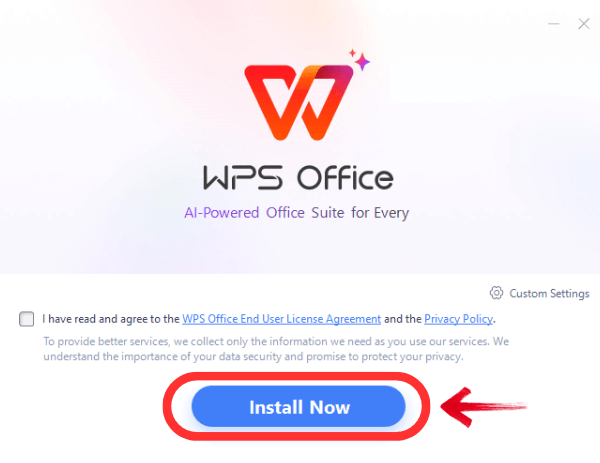
Texting while driving has become one of the most common causes of road accidents worldwide. The habit of checking a message or replying to a text may seem harmless, but it can lead to severe consequences — not just in terms of safety but also financially. Governments and law enforcement agencies have imposed strict penalties to discourage drivers from using their phones while behind the wheel. Understanding the fine for texting and driving and how to minimize or avoid it can help you stay compliant and safe on the road.
Understanding the Fine for Texting and Driving
The fine for texting and driving varies depending on your location, the severity of the offense, and whether it’s your first violation. In many countries and states, fines can range from $100 to over $1,000. Some regions even impose additional penalties such as points on your driving record, suspension of your license, or increased insurance premiums.
Authorities consider texting while driving a serious offense because it combines three types of distraction — visual (taking your eyes off the road), manual (removing your hands from the wheel), and cognitive (diverting your attention from driving). Even a few seconds of distraction can cause a collision. To emphasize the seriousness, governments have tightened the laws and increased the fines substantially in recent years.
For instance, in the United States, the average fine for texting and driving for a first-time offender can be around $150 to $500, while repeat offenders may face up to $1,000 or more. In some areas, you may even be required to attend a driver’s safety course or perform community service.
Why the Fine for Texting and Driving is So High
The high fines and strict penalties aim to deter dangerous driving behaviors. Studies have shown that texting drivers are several times more likely to be involved in an accident compared to non-distracted drivers. The fines are designed not only to punish offenders but also to serve as a strong reminder that road safety should always be the top priority.
Governments also use the collected fines to fund road safety programs, awareness campaigns, and enforcement efforts. In essence, these penalties help reduce the number of distracted driving incidents and save lives.
Consequences Beyond the Fine
While the fine for texting and driving can be financially burdensome, the consequences extend far beyond paying a penalty. Some of the additional repercussions include:
- Increased Insurance Premiums: Insurance companies view texting and driving violations as risky behavior. A single offense can cause your premium to rise significantly.
- Driving Record Points: Many jurisdictions assign points to your license for such offenses. Accumulating too many points can lead to suspension or revocation of your driver’s license.
- Legal Liability: If your texting while driving causes an accident, you could face lawsuits, compensation claims, or even criminal charges if injuries or fatalities occur.
- Reputation Damage: For professionals or commercial drivers, a record of distracted driving can negatively affect career opportunities and credibility.
How to Minimize the Fine for Texting and Driving
If you have been caught and fined for texting and driving, there are several steps you can take to minimize the fine or reduce its long-term effects.
1. Review the Citation Carefully
Always read the citation notice thoroughly. Make sure the details such as your name, vehicle registration, location, and time of the incident are accurate. Any discrepancies could be grounds for disputing the ticket.
2. Contest the Ticket in Court
You have the right to challenge the fine for texting and driving in court. If you believe the officer made an error or there’s insufficient evidence, you can plead not guilty and present your case. For instance, you might argue that you weren’t texting but using your phone for navigation or emergency purposes. However, this defense must be supported by proof, such as call logs or GPS data.
3. Hire a Traffic Attorney
Consulting with a traffic lawyer can significantly improve your chances of reducing the penalty. Lawyers who specialize in traffic violations understand local laws and procedures. They can negotiate with prosecutors, identify technicalities, or help you enroll in traffic school to lower or dismiss the fine.
4. Attend a Defensive Driving or Traffic School
Many jurisdictions allow offenders to attend a defensive driving course or traffic school to minimize the fine for texting and driving or remove points from their record. Completing such a course demonstrates responsibility and a willingness to improve your driving behavior. Additionally, insurance companies may offer discounts to drivers who voluntarily take these courses.
5. Show Proof of Good Driving Record
If you have a clean driving history, highlight this when contesting your case. Courts often consider first-time offenders more leniently. Providing evidence of a good record can convince the judge to reduce your fine or offer an alternative penalty such as community service or a warning.
6. Avoid Repeat Offenses
Repeat violations make it harder to minimize fines. Multiple texting and driving tickets can label you as a habitual offender, leading to higher penalties and possible license suspension. The best strategy is prevention — once fined, learn from the mistake and strictly follow traffic laws moving forward.
Tips to Avoid Getting a Fine for Texting and Driving
Preventing the issue altogether is the smartest and safest approach. Here are some practical ways to avoid the fine for texting and driving:
- Use Hands-Free Technology: Invest in Bluetooth devices, car mounts, or voice-controlled assistants to handle calls and messages safely.
- Activate “Do Not Disturb” Mode: Most smartphones have features that silence notifications while driving. Enable these settings to eliminate the temptation to check your phone.
- Plan Ahead: If you need to send a message or use your phone for navigation, do it before starting the vehicle.
- Pull Over Safely: If an urgent call or text cannot wait, pull over to a safe location before using your phone.
- Educate Passengers: Inform passengers about your commitment to safe driving so they can help you stay focused.
The Role of Awareness Campaigns
Public awareness campaigns play a crucial role in reducing distracted driving. Governments, NGOs, and private organizations run initiatives to remind drivers about the dangers and consequences of texting behind the wheel. The aim is not just to collect fines but to change behavior permanently.
By understanding the risks and the severity of the fine for texting and driving, drivers become more conscious of their actions. These campaigns often share real-life stories of accidents caused by texting, which resonate deeply with the public and promote safer driving habits.
Conclusion
The fine for texting and driving serves as a powerful reminder that safety should always come first. While paying the fine may seem like a quick resolution, the long-term impact on your driving record, insurance, and personal safety is far more significant. The best way to minimize fines is to prevent the violation altogether through awareness, preparation, and responsible driving habits.



More Stories
How Primex Group is Revolutionizing E‑commerce Strategies
Facility Maintenance in Helmetta by Tech Services of NJ
Reconnect with Nature: Top-Rated Cabins Near Mt Rainier for a Memorable Escape